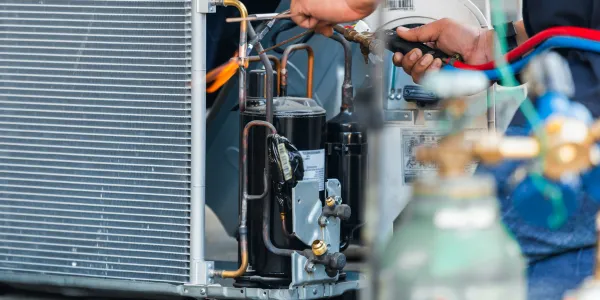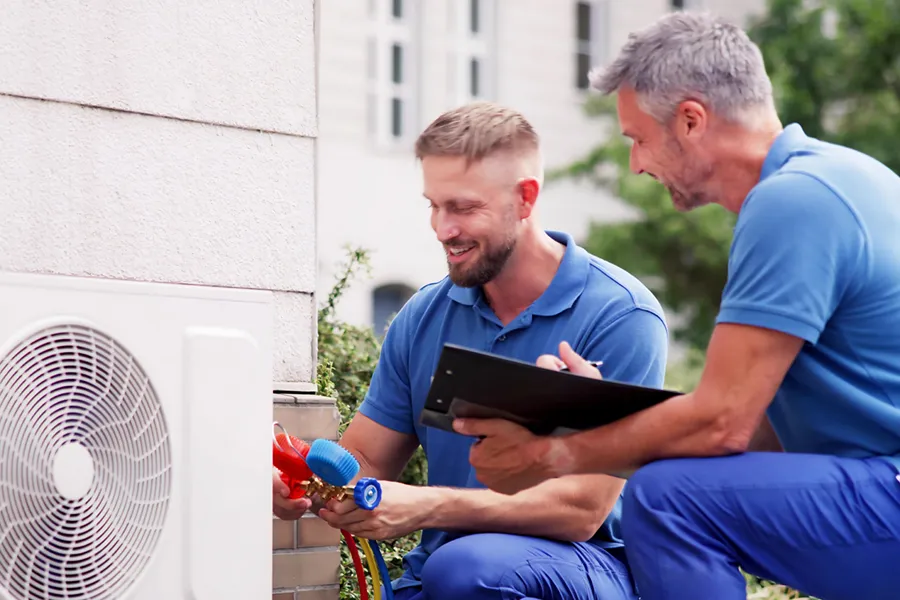
AC Refrigerant Leaks: What Colorado Homeowners Need to Know
AC Refrigerant Leaks: What Colorado Homeowners Need to Know If your air conditioner is blowing warm air, running longer than it should, or making a hissing sound, you might be facing one of the most common (and frustrating) cooling issues: a refrigerant leak. For homeowners in Boulder and Colorado Springs,



